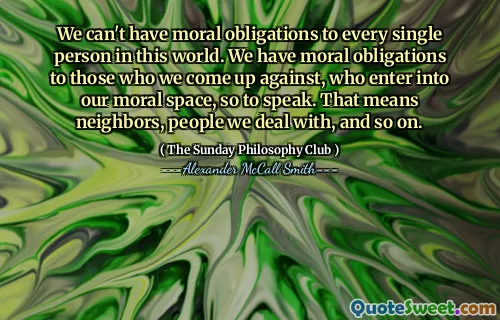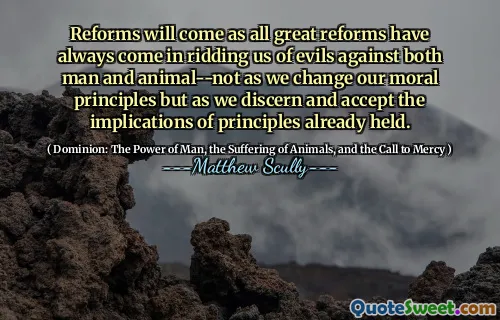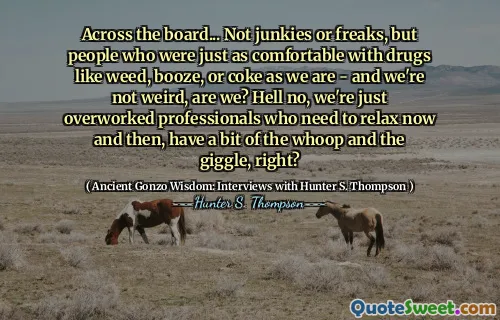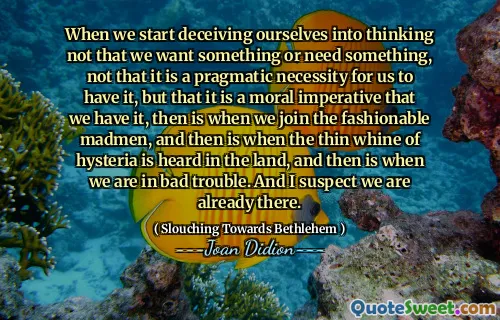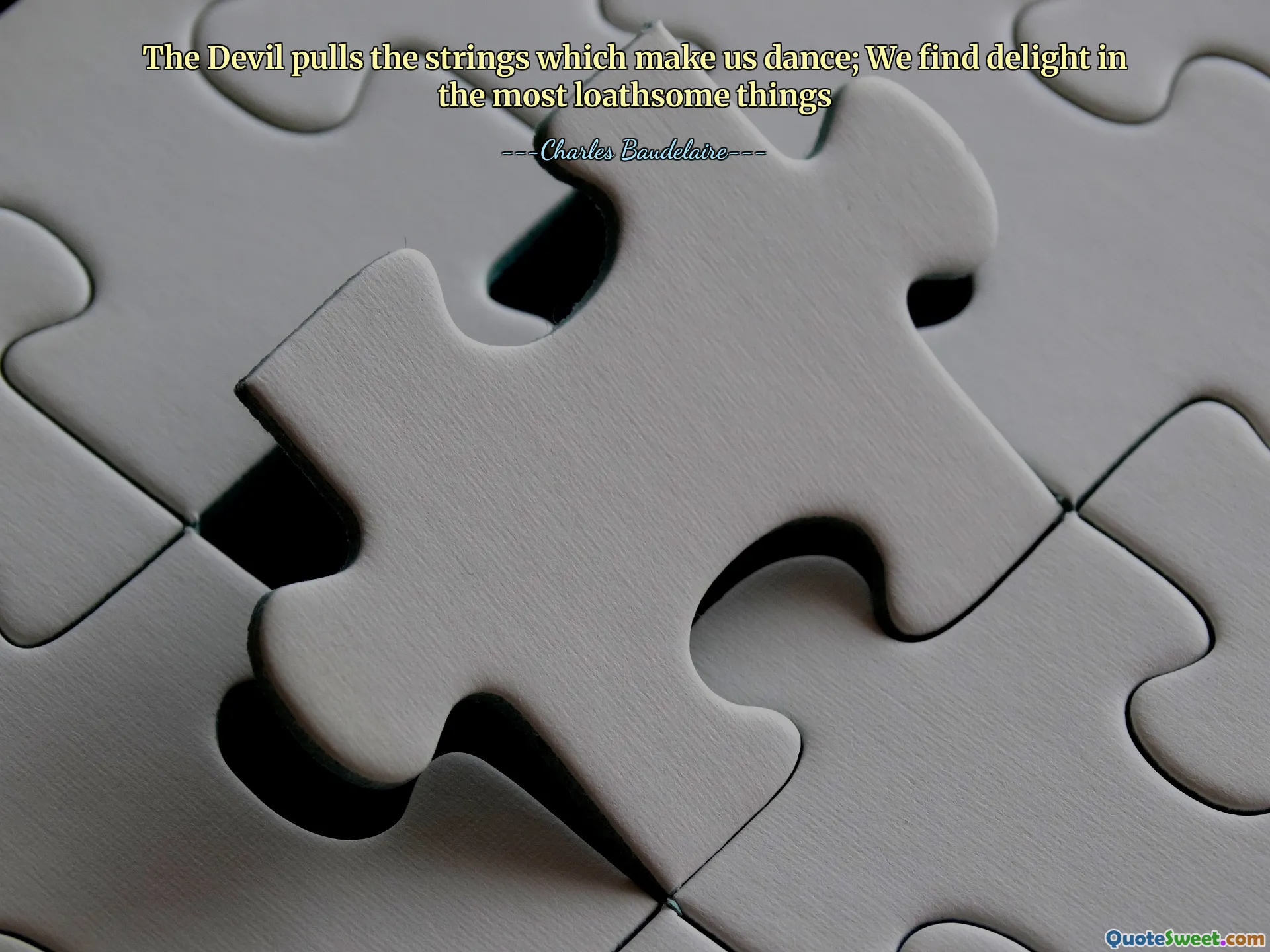
The Devil pulls the strings which make us dance; We find delight in the most loathsome things
This quote vividly illustrates the complex relationship between human depravity and the forces that manipulate our desires. It suggests that malevolent powers, often symbolized as the Devil, have an influence over our actions and passions, subtly controlling our behaviors like a puppeteer. Despite this manipulation, humans paradoxically find joy in what is considered disgusting, shameful, or morally wrong. This contradiction reveals a profound aspect of human nature: our fascination with the taboo and the darker sides of existence. Many are drawn toward what society deems loathsome because doing so excites the forbidden or the rebellious spirit within us. This phenomenon exposes our innate curiosity about the obscured or prohibited facets of life, and how such interests can sometimes serve as escapes or counterpoints to societal norms. It also begs reflection on the nature of morality and free will—if external forces guide or influence our preferences, then the concept of autonomous moral choice becomes more complex. Understanding this dynamic encourages us to examine what truly drives our passions: is it genuine inclination, or are we unwittingly compelled by more sinister influences? The quote embodies a recognition that human desire is multifaceted, often conflicted, and surprisingly contrarian. Exploring this interplay can deepen our understanding of the darker layers of psychology and societal values, and challenge us to confront our own tendencies to find pleasure in what might seem ethically or aesthetically repulsive, while recognizing the unseen powers that may be steering us toward those pursuits.






